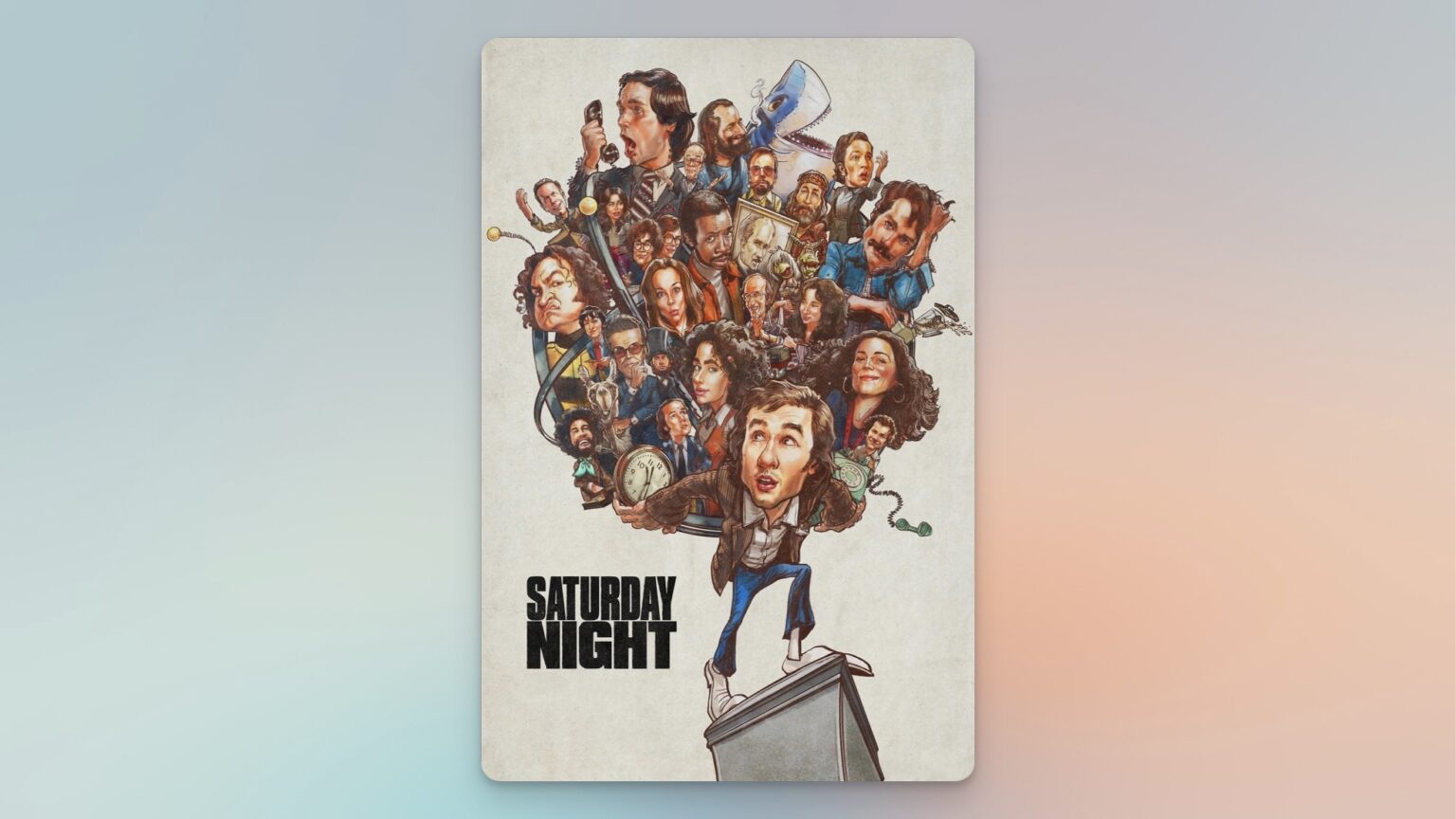There’s a magic, an alchemy, that occurs when disparate elements collide and coalesce into something greater than the sum of their parts. The Beatles, four lads from Liverpool, individually talented, but together, a force that reshaped the fabric of popular music. Or consider the unlikely circumstances that led to the invention of penicillin, a chance discovery that revolutionized medicine. Jason Reitman’s “Saturday Night,” a film chronicling the tumultuous birth of “Saturday Night Live,” is neither as resonant as The Beatles, nor as consequential as penicillin, and even so, it captures the essence of creative combustion, this lightning-in-a-bottle moment where talent, ambition, and dumb luck converge.
“Saturday Night” doesn’t just tell a story; it immerses you in the pressure cooker of Studio 8H, circa 1975. The clock is ticking, relentlessly counting down to the moment of truth, the live broadcast premiere. Lorne Michaels, played with a compelling blend of nervous energy and quiet determination by Gabriel LaBelle, is the eye of the storm. He’s the conductor of a chaotic orchestra, a ringmaster trying to corral a menagerie of outsized personalities and unpredictable events.
Reitman constructs a narrative that mirrors the very structure of the show it celebrates. The film unfolds in a series of vignettes, a whirlwind of backstage encounters, creative clashes, and near-disasters. We see the nascent “Not Ready for Prime Time Players” – Chevy Chase’s preening arrogance perfectly captured by Cory Michael Smith, Dan Aykroyd’s manic brilliance embodied by Dylan O’Brien, John Belushi’s volatile genius simmering beneath Matt Wood’s performance.
Having watched the first episode of SNL just before viewing the film, I was struck by the meticulous attention to detail, the almost obsessive commitment to recreating not just the look and feel of the era, but the very spirit of those early broadcasts. From the costumes to the set design, from the cadence of the dialogue to the grainy texture of the 16mm film, Reitman transports us back to a time when television felt raw, unpredictable, and genuinely exciting.
But Saturday Night is more than just a nostalgic trip down memory lane. It’s a nuanced exploration of the creative process, a testament to the messy, unpredictable, and often frustrating journey of bringing an idea to life. The film doesn’t shy away from the challenges, disagreements, or moments of self-doubt. It acknowledges the inherent tension between artistic vision and commercial realities and the delicate balance between collaboration and compromise.
And in the end, it’s this honesty, this willingness to embrace the complexities of the creative process, that makes “Saturday Night” so compelling. It’s a film that toasts not just the triumph of “Saturday Night Live,” but the enduring power of human ingenuity, the remarkable capacity of individuals to come together — transcend almost all ego — and create something truly extraordinary.
★★★★☆ 🧡

